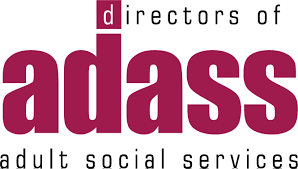Max Oerton, Senior Account Manager at CPI, is a key contact for WMCA members, bringing over 10 years of experience across the social care sector, with a focus on workforce development and provider support. He began his career in elderly care recruitment, partnering with providers specialising in dementia care to help build resilient, person-centred teams that promote independence and dignity.
Max has since worked in consultative roles with supported living providers, deepening his understanding of sector challenges around staffing, safety, and retention. He combines frontline insight with strategic thinking to support agencies in delivering confident, high-quality care through tailored CPI training solutions.
Max brings over a decade of experience in elderly care recruitment, offering valuable insight into the operational and workforce challenges that care providers face daily.




























